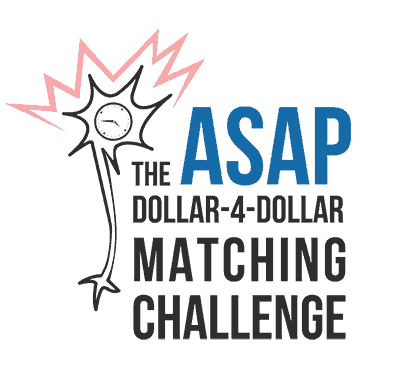Dr. Sara Qureshi Joins Billings Clinic in Montana!
In her own words…
My introduction to neuroimmunology and the challenges that inevitably accompany the diagnosis of chronic neurological diseases and rare disorders came with my sister’s diagnosis of multiple sclerosis in my home country of Pakistan. Since multiple sclerosis is rare in Pakistan, our initial and subsequent experiences (as I learned much later) had a striking resemblance to those of patients and families with rare neuro-immunological disorders here in the US. We soon learned the importance of educating ourselves using the right resources and advocating for ourselves as we navigated the health care system and life in general. Inspired by my sister’s bravery and hoping to safeguard her interests, I set out on my journey to train as a neurologist and subsequently as a neuro-immunologist in the US. This was over eight years ago and since then, in addition to my sister, I have been inspired by countless patients with both MS and rare neuro-immunological disorders.
Today, at the conclusion of my training in neuroimmunology at University of Texas Southwestern in Dallas and as I embark on a career as a neuro-immunologist at Billings Clinic in Montana, I am the product of my experiences as a family member and part of a health care team providing care to patients with neuro-immunological disorders. Over the years, I have come to believe that our goal as a health care team (which should include family members) is not just to ensure good health care for our patients but ultimately to assist them in leading fulfilling lives in spite of all the challenges that come with these diagnoses. This requires educational resources with the right information about conditions, support groups, forums connecting patients and families to each other, access to latest research etc., all critical elements as we attempt to achieve our goals for patients. My introduction to The Siegel Rare Neuroimmune Association came from watching Dr. Greenberg’s team working relentlessly for SRNA during my neuroimmunology fellowship. However, my real education about the impact that SRNA has on patients with rare neuro-immunological disorders came from hearing their stories firsthand in clinic. As they recounted their initial experiences, it became apparent to me that more awareness is needed in our health care system about these conditions along with neurologists with the expertise to care for these patients. Another important lesson during my training was the importance of having the courage to embrace and manage patients with unclear diagnoses (not uncommon in rare disorders) and to solicit opinions from other experts to provide the best possible care for them. Given that these conditions are rare, it is also critical to connect individuals working in this field to facilitate communication between them in order to expand knowledge and move research forward. SRNA is a huge resource for patients, their families and health care teams as they strive to improve care and advance research in this discipline.
Having come full circle now, I can see how my own view of the field of neuroimmunology has evolved immensely over time. Almost a decade ago, as I stood at the crossroads and made the decision to train in neuroimmunology, I was discouraged by well-meaning individuals in healthcare from going into a specialty with ‘so little hope’. Today, I can say with much conviction that nothing could be further from the truth! Even with existing resources, we can (sometimes after much persistence) almost always make things better and even though much remains to be accomplished, the future looks very promising! I feel privileged to be part of the world of neuroimmunology in these exciting times and honored to have the opportunity to work with SRNA in extending its impact to more patients and to build on the hard work of those before me.
Join SRNA’s ASAP Challenge, a matching fundraising campaign made possible through the generosity of The Madison Charitable Foundation. Physician education directly impacts quality of life. The ASAP Challenge supports the training of clinician-scientists like Dr. Qureshi. You can make a difference by improving quality of patient care and accelerating critical research.






